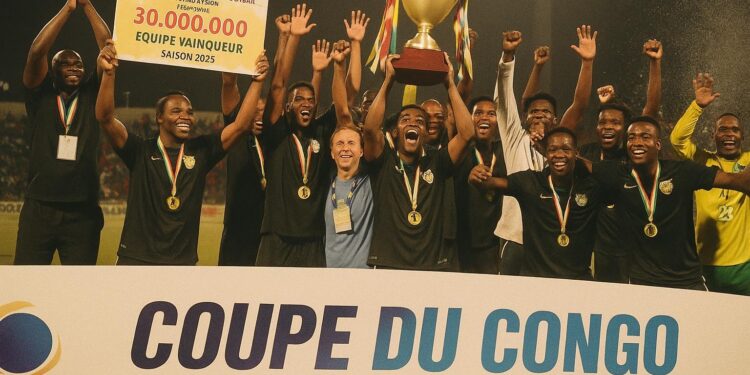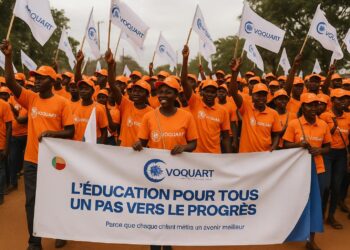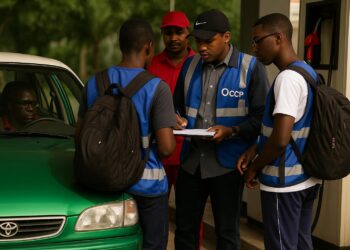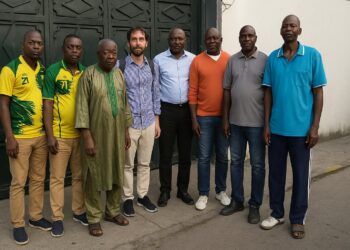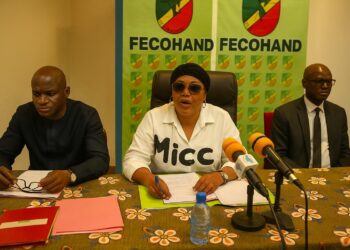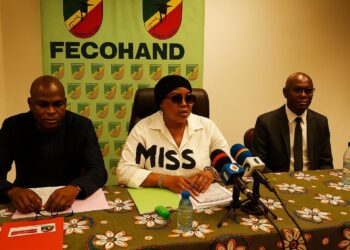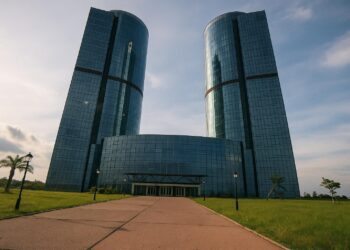A trophy entwined with national symbolism
Few domestic sporting events have woven themselves into the political and social fabric of Congo-Brazzaville as intimately as the Coupe du Congo. First contested in 1974 and consecrated by Decree 85-1410 of 6 December 1985, the cup long served as an athletic prelude to Independence Day celebrations, with earlier finals traditionally held on 15 August under the gaze of the Head of State. Its trajectory has nevertheless mirrored the ebb and flow of the national narrative. Democratic liberalisation in 1991, the civil conflict of 1997 and subsequent phases of reconstruction have each left their imprint on the calendar, producing interruptions that connoisseurs have learned to accept as the price of political evolution.
The 2025 hiatus: official rationale and procedural clarity
On 3 July 2025, the General Directorate for Sports formally communicated the non-holding of the tournament to the Congolese Football Federation (Fécofoot). The federation, through Secretary-General Badji Mombo Wantete, relayed the communiqué five days later to national and departmental league presidents, underscoring that the measure responded to ‘considerations we must collectively respect’. Although the statement refrained from exhaustive detail, two determinants emerged in subsequent briefings. First, Fécofoot has been under provisional FIFA suspension since March for governance compliance queries related to electoral procedures (FIFA Media Release, March 2025), limiting its operational latitude. Second, the Ministry of Finance has prioritised outlays linked to social infrastructure and debt service, a stance that leaves little fiscal room for a cup whose organisation routinely engages fourteen venues across as many départements.
Balancing public order and stakeholder expectations
Precedents inform today’s prudence. In 2024 the quarter-finals could not be completed after a temporary closure of stadia designed to forestall potential public-order disturbances during an intense electoral season, a decision that preserved civic serenity. Senior officials, including Sports Minister Hugues Ngouélondélé, have since emphasised that football remains ‘a unifying vector whose scheduling must converge with broader national harmony’. Club executives contacted by this magazine concede the logic, even as they note the cup’s modest yet meaningful economic footprint. Last season’s champions, Diables-Noirs, collected 30 million CFA francs—sums that, while dwarfed by Côte d’Ivoire’s or Senegal’s prize pools, underwrite youth academies and medical bills. For smaller provincial outfits, the state-financed travel allowance is often the only guarantee of safe passage to Brazzaville.
Comparative regional economics of cup football
Across Central and West Africa, national knock-out competitions have faced analogous pressures. Cameroon condensed its domestic cup into a single-venue ‘Final Eight’ in 2022 to curb costs, while Gabon merged its cup with the league super-cup to streamline logistics (CAF Statistical Digest, 2024). Congo-Brazzaville’s selective pause therefore aligns with a wider continental recalibration prompted by post-pandemic budget reviews and the rising cost of stadium security protocols. Diplomats stationed in Brazzaville interpret the decision as congruent with fiscal consolidation commitments made to multilateral partners, notably within the Extended Credit Facility framework agreed last year with the IMF.
Strategic dividends and prospects for 2026
Stakeholders are already mapping a path to restore the tournament in 2026. Sources at Fécofoot indicate that dialogue with FIFA’s Governance Division has ‘advanced constructively’, raising the prospect of reinstatement before year-end should revised statutes secure member approval at an extraordinary congress. Concurrently, the Ministry of Economy has floated the concept of a public-private partnership to shoulder organisational expenses, courting telecommunications and banking sponsors eager for visibility ahead of the AfCON 2027 qualifiers.
Such manoeuvres carry broader diplomatic significance. For Brazzaville, showcasing a smoothly run, financially sustainable national cup would bolster its bid to host sub-regional youth championships and strengthen its voice within the Union des Fédérations de Football d’Afrique Centrale. Analysts also highlight the domestic soft-power dividend: a triumphant resumption would reaffirm governmental stewardship of cultural cohesion, a narrative that resonates with both urban supporters and rural communities for whom football remains a lingua franca.
Until then, clubs will rely on the league season and CAF inter-club fixtures to maintain competitiveness. Technical directors consulted predict limited performance lag, provided that training micro-cycles are adapted. In the words of veteran coach Barthélémy Ngatsé, ‘A fallow year is not an eclipse but a sabbatical. We return rested and refocused.’ His metaphor underscores a tempered optimism that the cup’s interruption, far from undermining national morale, could stimulate reforms that ensure the tournament’s longevity.

































